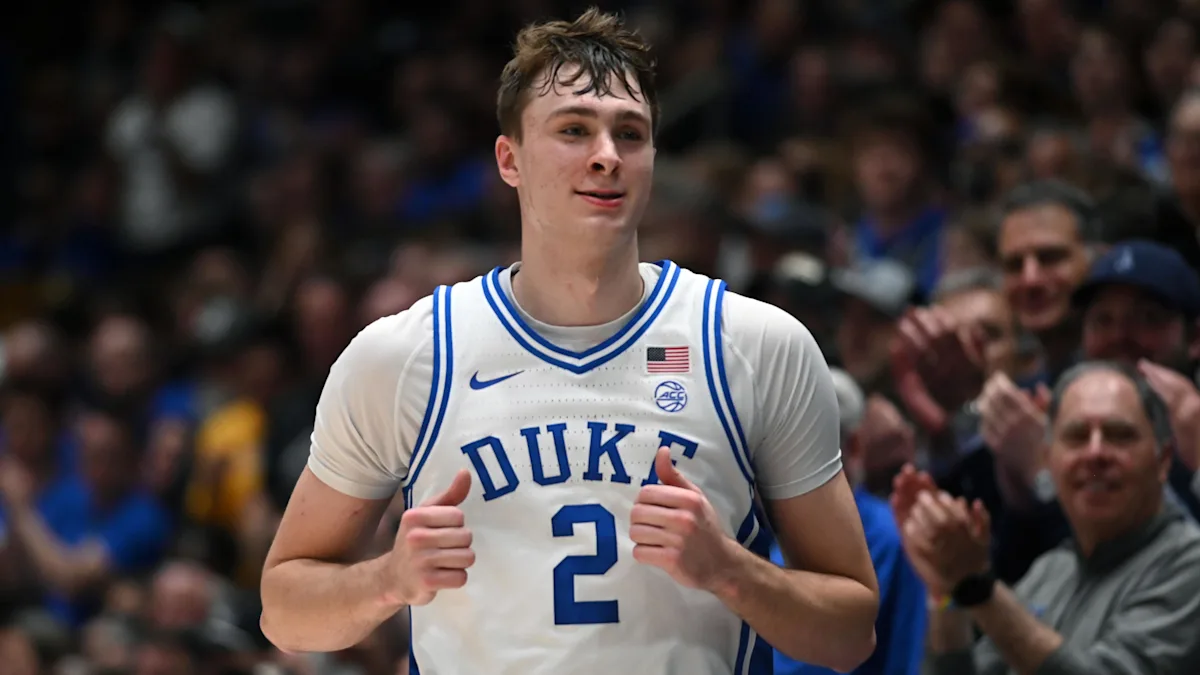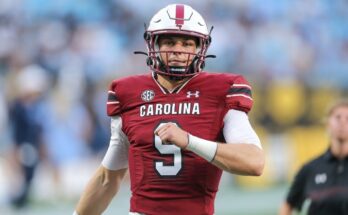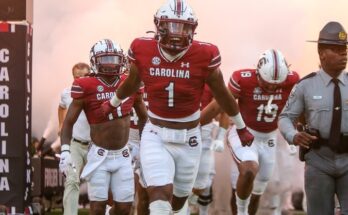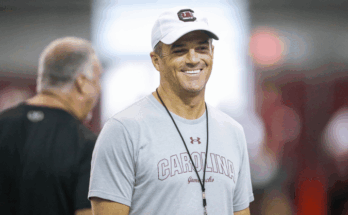Mavs’ Lonzo Ball trade desire can put unnecessary pressure on Duke Blue Devils basketball star Cooper Flagg if inevitable comes.
The Dallas Mavericks’ rumored pursuit of a trade for Lonzo Ball is making waves around the NBA, and for good reason. Ball, when healthy, brings a rare combination of playmaking, perimeter defense, and floor spacing that complements stars like Luka Dončić and Kyrie Irving. But there’s an unintended ripple effect of this potential deal that’s flying under the radar—and it’s one that could significantly impact college basketball’s biggest name: Cooper Flagg.
Flagg, the sensational incoming freshman at Duke and projected No. 1 overall pick in the 2025 NBA Draft, already shoulders immense expectations. But if the Mavericks pull the trigger on a Lonzo Ball trade and things don’t go according to plan—whether due to lingering injuries, fit issues, or team regression—the public conversation may quickly shift. The focus could shift to who’s next, and all signs will point to Flagg. That puts the 17-year-old phenom squarely in the crosshairs of an NBA franchise and fanbase desperate for a savior.
Lonzo Ball hasn’t played an NBA game since January 2022 due to ongoing knee issues, including multiple surgeries and an elusive recovery process that has sidelined him for over two full seasons. However, recent reports suggest he’s nearing a return and has been training with intensity. For a Mavericks squad hungry to keep pace in the ultra-competitive Western Conference, Ball’s upside—elite court vision, quick decision-making, and perimeter defense—makes him a tantalizing target.
But the risk is steep. Trading for Ball could involve moving draft capital or young assets, essentially betting on his health and long-term viability. Should he falter, the Mavericks will not only have lost resources, but they’ll also be forced to re-enter the market for a third star or long-term solution at point guard—possibly sooner rather than later.
This is where things get tricky. Should the Mavericks’ gamble on Ball implode, they could find themselves back in the draft lottery in 2025. And if Dallas does miss the playoffs or suffers another early exit, the front office might view the NBA Draft as the only viable path forward, potentially setting its sights on the most talked-about teenage basketball prospect in a generation: Cooper Flagg.
Flagg, who reclassified to the 2024 class and committed to Duke, enters college as a rare talent—a 6’9″ forward with elite athleticism, a polished skill set, and an unparalleled motor. He’s already being compared to players like Kevin Durant, Jayson Tatum, and even LeBron James due to his two-way ability and leadership traits. With a strong season at Duke, he’s widely expected to be the No. 1 pick in 2025.
If the Mavericks tank—intentionally or not—the Flagg conversation becomes very real.
Flagg will already have a target on his back in the ACC and intense national scrutiny simply by donning the Duke jersey. But being linked to a potential role as the franchise cornerstone for the Dallas Mavericks—a team with two megastars, a massive media market, and championship aspirations—would compound the pressure.
It’s one thing to carry a college blue blood. It’s another thing entirely to be viewed as the potential “fix” for a failing NBA contender.
Drafting Flagg would be a massive moment for the Mavericks, and likely a win for the franchise long-term. But in the short term, it could place unrealistic expectations on a teenager not even a year removed from high school. Fans may view him as a magic bullet, especially if Lonzo Ball’s comeback goes south and Luka Dončić’s patience with the organization starts to wear thin.
Let’s not forget the bigger picture. Luka Dončić, despite being under contract through 2027 with a player option, is already subtly applying pressure to the Mavericks’ front office. He’s made clear he wants to compete for titles—not just be a regular season stat sheet stuffer.
If Ball becomes another injury-riddled misfire and the Mavs spiral downward, Dončić’s desire to win could push him closer to the door. That turns Flagg from “promising prospect” to “last hope.”
This sort of context would drastically shift the narrative around Cooper Flagg’s draft journey. He wouldn’t just be entering the league as a No. 1 pick; he’d be entering it with the hopes of keeping Luka in Dallas, rescuing a franchise, and saving a series of front-office miscalculations. That’s an enormous burden, and history has shown that few players—if any—can live up to that level of hype right away.
We’ve seen what happens when franchises pin too much on one young star. LeBron James bore the weight of Cleveland’s future from day one. Zion Williamson was viewed as the savior of the Pelicans. Cade Cunningham had to shoulder Detroit’s full rebuild.
While some players thrive under the spotlight, many struggle with the transition, particularly when forced into unstable or pressure-cooker environments. For Flagg, whose mental toughness is undeniable, even he could be overwhelmed by the avalanche of expectations that would come with being “the one” for a franchise that just struck out on a bold trade.
For everyone involved, the best outcome would be for Lonzo Ball to stay healthy and play meaningful minutes for the Mavericks, stabilizing the roster while allowing Flagg to develop without premature NBA expectations. The NBA is better when top teams stay competitive and young stars aren’t asked to save broken situations before they even graduate college.
Even if Dallas were to enter the lottery, it would be far better for Flagg’s development and mental health if the pick came without the attached desperation of needing him to immediately fix a failed experiment.
The Mavericks’ interest in Lonzo Ball is understandable—he’s a high-upside gamble. But if that gamble doesn’t pay off, the consequences may stretch beyond Dallas. They could put unfair and premature pressure on Cooper Flagg, a college freshman who deserves the opportunity to build his legacy at Duke before being cast as the NBA’s next great savior.
The NBA Draft isn’t just about talent; it’s about timing, fit, and expectations. And if the Mavericks’ timeline implodes, Cooper Flagg may be thrust into a narrative he never asked for—one that could shape the beginning of his pro career before it even begins.



